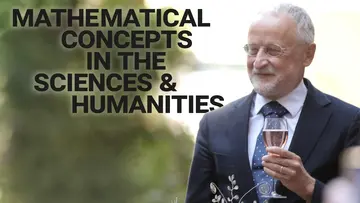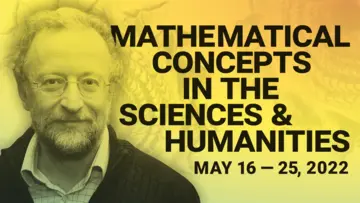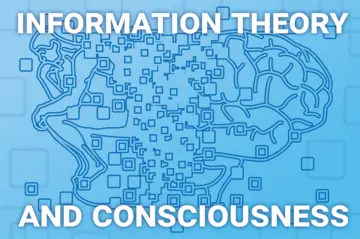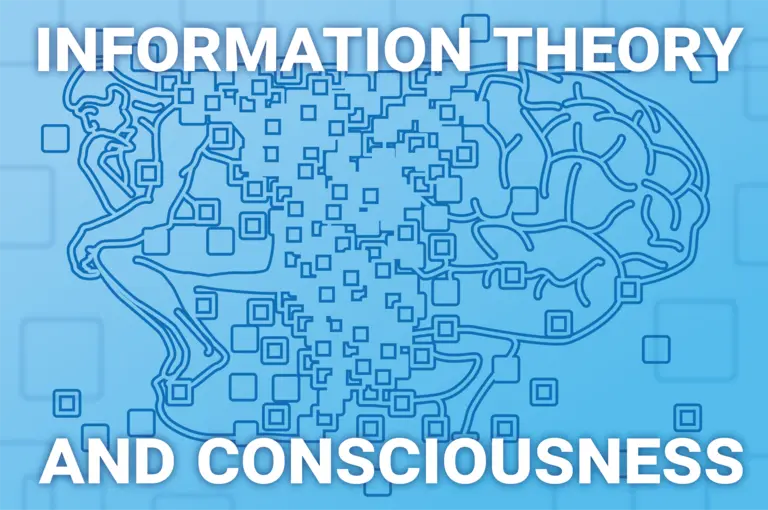
What is consciousness? – New paper by Jürgen Jost
Published Aug 20, 2021
Consciousness is a subjectively experienced phenomenon that continues to be heavily debated amongst scientists and philosophers. While it is correlated with neurophysiological processes and neuroanatomical structures its exact nature remains elusive. In his latest paper our director Jürgen Jost approaches the very different aspects of consciousness from the conceptual framework of information theory.
The scientific understanding of consciousness raises lots of questions like: To what extent can animals be conscious? Does consciousness depend on neural wetware? That is, could computers or distributed programs possibly become conscious? What is the qualitative difference between human brains and those of other mammals? Could different brain structures, such as those of birds or cephalopods, that have evolved versions of intelligent behavior support forms of consciousness that are possibly very different from ours?
Jürgen Jost approaches the phenomenon of consciousness using basic principles from information theory and complexity measure to clarify some important conceptual issues in the discussion of consciousness. His aim is not to develop a formal theory of consciousness but to show that information theoretical principles will guide our thinking.
The main conclusions of the paper are:
- Consciousness integrates information that is distributed in the brain and in the immediate environment and that includes the recent past and anticipates the near future, on a timescale that is adapted to the requirements for reactions to external stimuli, in order to select a single action on the basis of a probability distribution of possible stimulus interpretations.
- The preceding is quantifiable by complexity measures that evaluate higher order correlations in the activity of different brain regions.
- The development of consciousness depends on resonances between sensory inputs and actions, and self-consciousness therefore can only emerge in the context of interactions with other conscious individuals.
- We experience qualia, like the feelings associated with a color, because such qualia efficiently compress information about prior experiences with that color.
Scientific Contact
Editorial Contact
Discover More
-
www.frontiersin.org
Original Publication
Jost, J.: Information theory and consciousness. Frontiers in applied mathematics and statistics, 7 (2021), 641239 [DOI]
Publishing Date: 10/08/2021
Related Content

Raffaella Mulas in Conversation With Jürgen Jost Raffaella Mulas in Conversation With Jürgen Jost

Honorary Doctorate for Jürgen Jost Honorary Doctorate for Jürgen Jost

Impressions of “Mathematical Concepts in the Sciences and Humanities” Impressions of “Mathematical Concepts in the Sciences and Humanities”

Birthday conference in honor of Jürgen Jost Birthday conference in honor of Jürgen Jost


